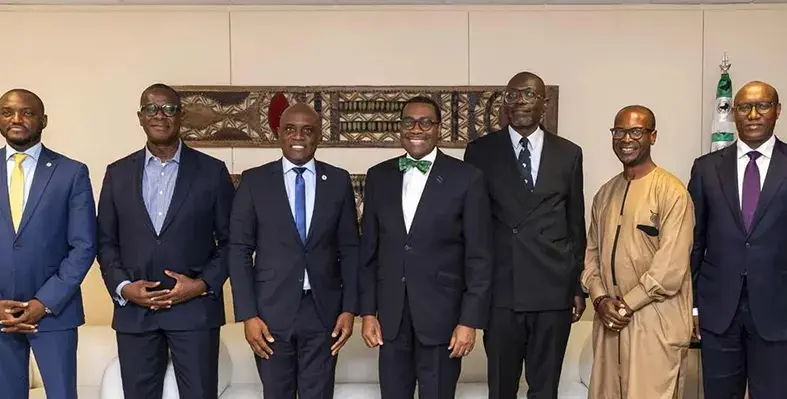The African Development Bank (AfDB) has approved a US$500,000 grant to fund a feasibility study for Kigali’s proposed aerial urban transit system, set to become sub-Saharan Africa’s first cable car network
The initiative is being spearheaded by Ropeways Transit Rwanda Ltd (RTRL).
The funding comes from the Bank’s Urban and Municipal Development Fund (UMDF) and will support the development of the Kigali Urban Cable Car Project. Valued at US$100mn, the 5.5 km transport solution is designed to alleviate traffic congestion, cut greenhouse gas emissions, and improve access to jobs and essential services for underserved communities.
Hosted by the African Development Bank, the UMDF provides technical assistance and financial support to cities, helping them identify and prepare investment-ready urban projects.
Phase 1 of the project will cover two main routes: from Nyabugogo Taxi Park to the Central Business District, and from the Kigali Convention Center to Kigali Sports City, passing key landmarks such as Amahoro Stadium, BK Arena and Zaria Court.
The feasibility study aims to attract international investment, potentially through platforms such as the Africa Investment Forum (AIF). UMDF has previously supported Rwanda’s Kigali Urban Transport Improvement Project to enhance investor confidence in the transport sector.
Construction is expected to begin in late 2026, with commissioning planned for 2028. Once operational, the system could carry over 50,000 passengers daily on a 15-minute end-to-end journey, fully integrated with Kigali’s broader transport network.
African Development Bank Group president Dr. Akinwumi Adesina said, “This transformative project aligns perfectly with the Bank’s vision for sustainable, green climate-resilient urban mobility infrastructure, and with the Bank’s Ten-Year Strategy, which focuses on urbanisation, and the Alliance for Green Infrastructure in Africa (AGIA), a global partnership initiative driven by the African Development Bank Group, Africa50 and the African Union. By financing Rwanda’s urban cable car system, we are investing in a scalable model of low-carbon, inclusive public transport that cities across Africa can emulate.”
The project also supports Rwanda’s climate targets, as outlined in its Green Taxonomy, E-mobility Strategy and Climate and Nature Finance Strategy, aiming to cut emissions by 38% by 2030 and reach carbon neutrality by 2050.
The cable car project will be implemented under a Public-Private Partnership (PPP), according to Imena Munyampenda, Director General of the Rwanda Transport Development Agency.
The feasibility phase will draw insights from successful cable car systems in cities like La Paz, Bolivia and Singapore, and will incorporate inclusive design principles for disabled access and employment opportunities for women, low-income groups, and youth.
Blended financing model
The project’s US$100mn financing will include grants, concessional loans, blended capital, and technical assistance. The UMDF grant will specifically support assessment of the viability gap. The Rwandan government will partner with the African Development Bank Group and others including IFC, Africa50, TDB, AFC, and private investors under the AGIA to structure blended and commercial finance.












